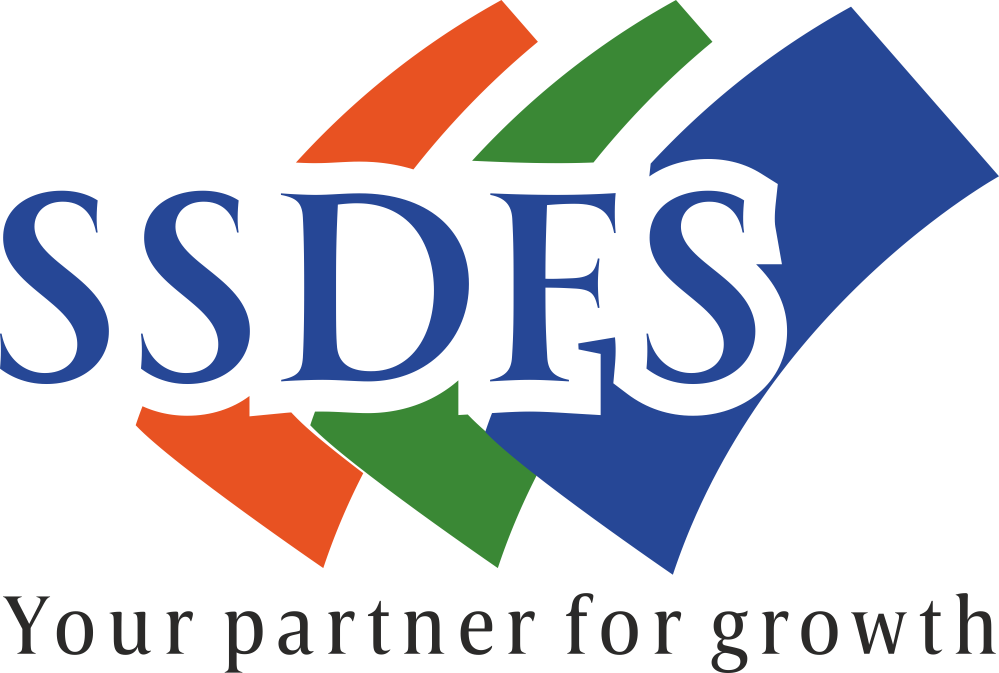- Need A Help?
Happy New Year & Checklist for personal finance
Team FMIM
December 26, 2019
Uncategorized
At the outset, let me wish you and your family a very Happy, Healthy, and Fulfilling 2020. As we begin 2020, let’s not start with New Year a resolution that’s hardly last.
Instead I’m appending a basic checklist, to follow in managing one’s Personal Finances.
The dictionary meaning of Checklist is “A list of items required, things to be done, or points to be considered, used as a reminder.
Importance and Background of Checklist:
The US Air Force introduced the concept of checklists decades ago. Innovative checklists are now used in hospitals around the world. These help doctors and nurses to perform majority of their duties in error free manner.
Today no aeroplane takes off without going through the checklist by its crew members, which makes us comfort to fly high in the sky.
Checklists have proved to be extremely effective decision-making tools in various fields like aviation, medicine, and construction.
Personal Finance subject is not as complex as doing a medical surgery or flying an airplane. But having checklists is useful in managing one’s financial life in an efficient manner.
How could something as simple as a checklist be of substantial help? Dr. Atul Gawande, in his book The Checklist Manifesto, explains –
In a complex environment, experts are up against two main difficulties. The first is the fallibility of human memory and attention, especially when it comes to mundane, routine matters that are easily overlooked under the strain of more pressing events …A further difficulty is that people can lull themselves into skipping steps even when they remember them…Checklists remind us of the minimum necessary steps and make them explicit. They not only offer the possibility of verification but also instill a kind of discipline of higher performance.
The researchers have found that simply having the doctors and nurses in the ICU create their own checklists for what they thought should be done each day improved the consistency of care to the point that the average length of patient stay in intensive care dropped by half.
personal finance Checklist:
First and foremost is being adequately insured by pure term plan, particularly for people who have dependents and are the sole bread earner for the family.
eep at least 6 months expenses in a combination of bank and liquid mutual fund for any unforeseen emergency needs.
Have a health policy for the family.
Do not opt for any other insurance which combines insurance with investments. Don’t carry away by emotional sales pitches, colorful brochures of different plans from prominent brands.
Don’t take unnecessary debt which is not manageable. Most importantly stay away from giving surety for someone else’s debt.
Spend on experiences as the joy and memories last longer.
Focus on things we have control over which is higher savings, adhering to Asset Allocation, disciplined investing and our own behavior in good and bad times of investment journey.
Don’t overspend your income. Live within the means. Do not rollover credit card dues.
Stay away from get quick rich schemes.
Investing should be done based on one’s needs and goals.
Retirement is inevitable. Start investing as early as possible towards the same. Keep in mind that unlike education and other loans, there is no loan to fund retirement.
And always keep in mind the below two quotes of a Benjamin Graham and Buffet.
“The essence of investment management is the management of risk, not the management of returns.-Benjamin Graham (Teacher of Buffet)
Buffet Rule: Rule No. 1: Never lose money.
Rule No. 2: Never forget rule No. 1.”
In order to follow the above said or to achieve anything in our lives one should have a strong desire to change.
I end with lines from one of the Upanishad
You are what your deep, driving desire is.
As your desire is, so is your will.
As your will is, so is your deed.
As your deed, is so is your destiny.
